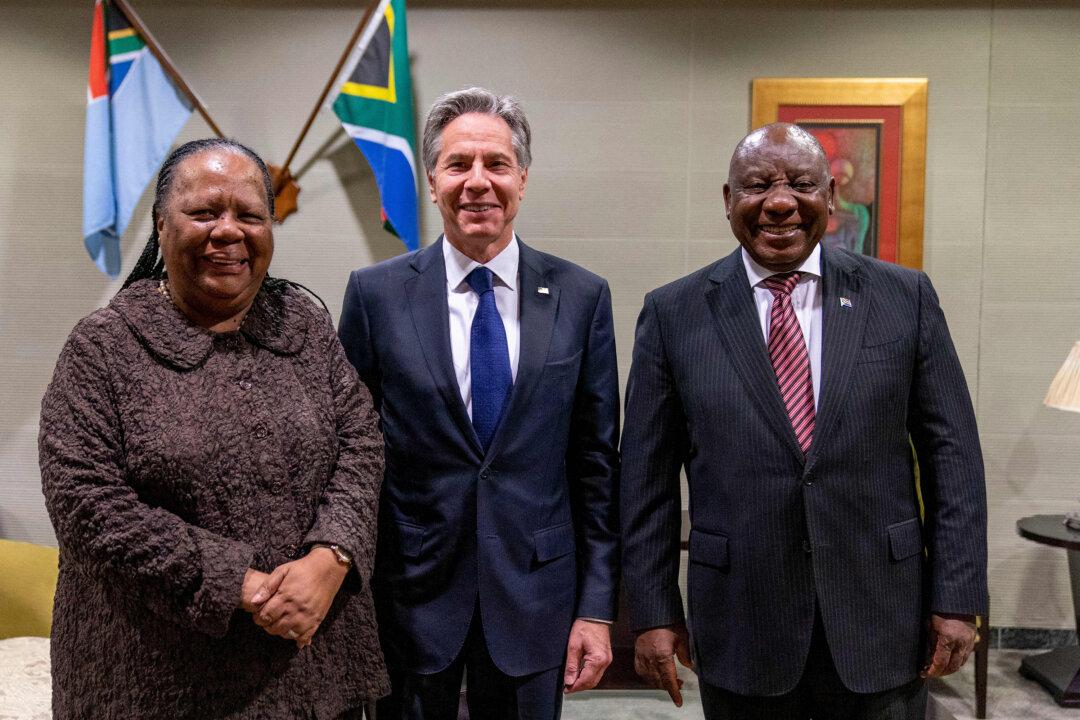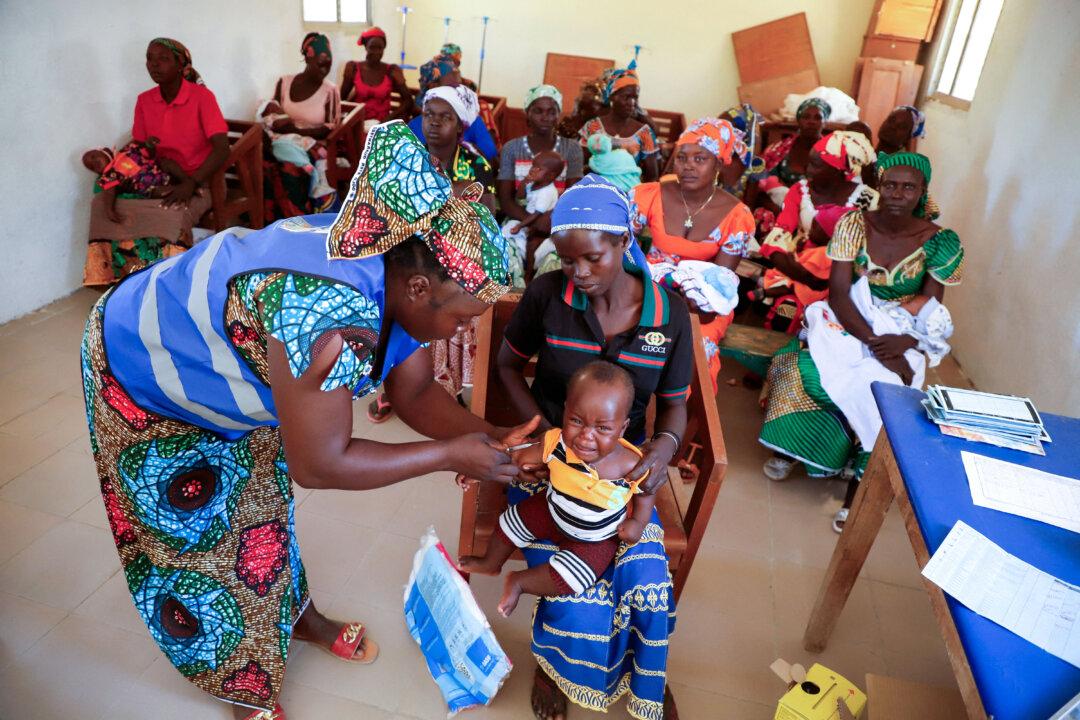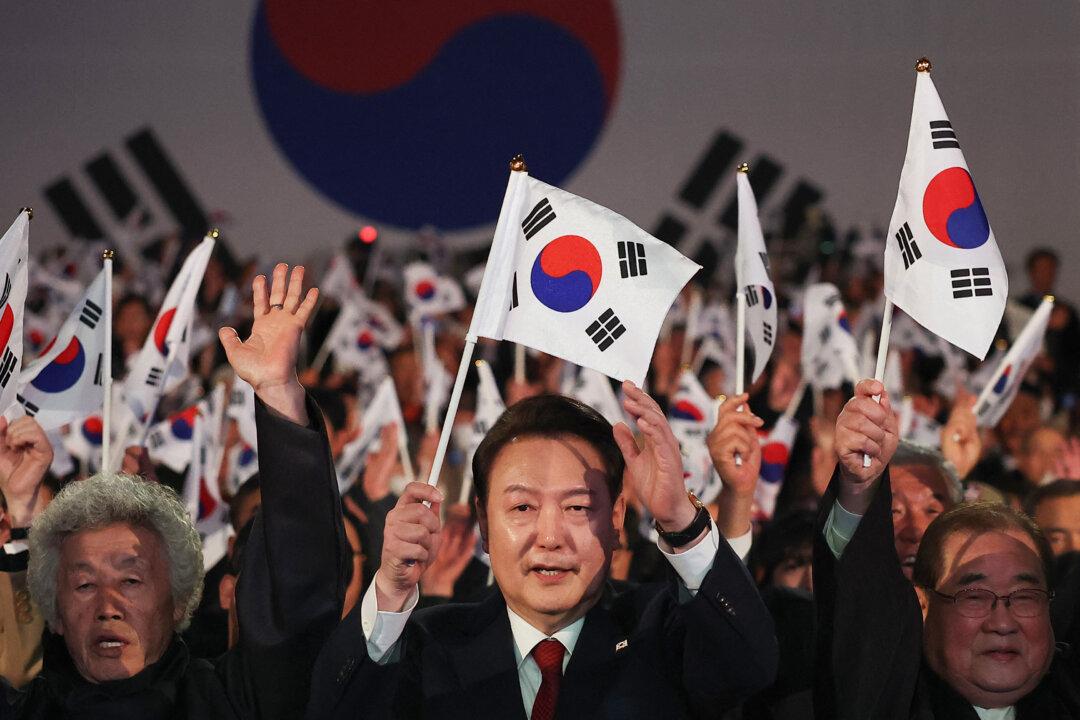A sharp uptick in U.S. diplomacy toward Africa in recent months reveals a paradigm shift from the previous administration. In just 10 months, U.S. Secretary of State Antony Blinken has visited the continent three times to deepen ties with African governments and other stakeholders on the continent.
After visits to Kenya, Nigeria, and Senegal last November and Morocco and Algeria in March, Blinken traveled to South Africa, the Democratic Republic of the Congo, and Rwanda in August.





